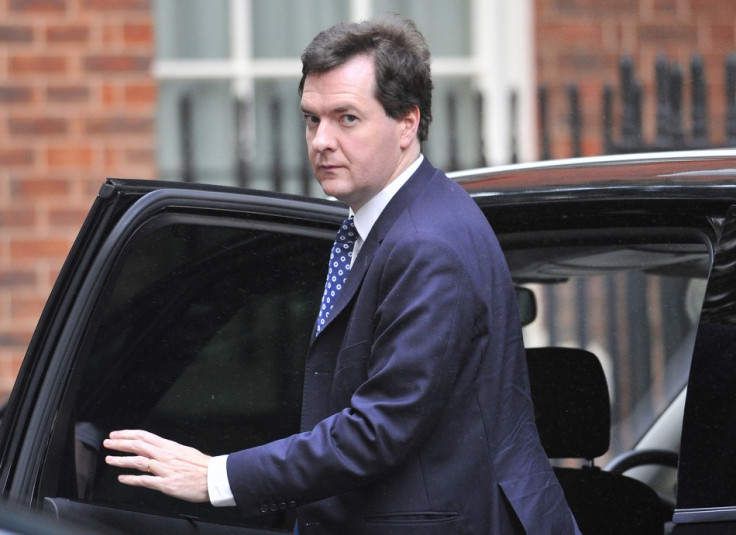Budget 2012: What can we Expect from George Osborne?

With all the press coverage in the build-up to Chancellor George Osborne's Budget statement for 2012, it feels like we already know everything to expect from the chancellor.
The top tax rate for salaries over £150,000 looks set to be dropped from 50p in the pound to 45p, controversially, although it won't come into effect until April 2013.
Liberal Democrats in the coalition were unhappy at the prospect of dropping the top tax rate without balancing it out with a wealth tax.
In an attempted appeasement a nod to Lib Dem pleas for a mansion tax is expected, with a stamp duty increase on properties worth over £2m from 5 percent to 7 percent.
A rise in the income tax threshold - the point at which you start paying tax - also looks set.
It stands at £7,475, but is expected to imminently increase to £8,105 for this year.
Osborne could shunt it up another notch now, but is likely to announce an increase in the threshold for 2013, instead - possibly to around £9,000.
Both Liberal Democrats and Conservatives have agreed that by the end of the current parliament, in 2015, it will stand at £10,000.
In bad news for public sector workers outside London and the southeast, Osborne may bring his plans for regional pay scales forward by a year to be introduced in the 2012/13 year.
This will see public sector pay shift away from a national, general pay scale and see regional pay that reflects local economies.
Osborne is said to have warmed to closing tax loopholes, in particular the avoidance of stamp duty by individuals who purchase UK properties through offshore companies.
He said on BBC's Andrew Marr Show that he would come down "like a ton of bricks" on people avoiding the tax.
A Rabbit in the Box?
Despite so much of the budget being trailed in the media, chancellors in the past have often pulled a rabbit out of the Budget box.
It can only be speculated as to what any surprises would be but there has been little detail on fuel duty.
Osborne postponed a planned 3p rise in the tax from January to August. The motoring industry has lobbied hard for it to be postponed again.
It would help businesses to keep costs lower but could be too costly for the Treasury to delay the planned rise further.
If both the anticipated rise in stamp duty on expensive properties and the closure of stamp duty loopholes are in the budget, there may be room to bring forward the income tax threshold rise, which would help the lowest earners most.
© Copyright IBTimes 2025. All rights reserved.






















